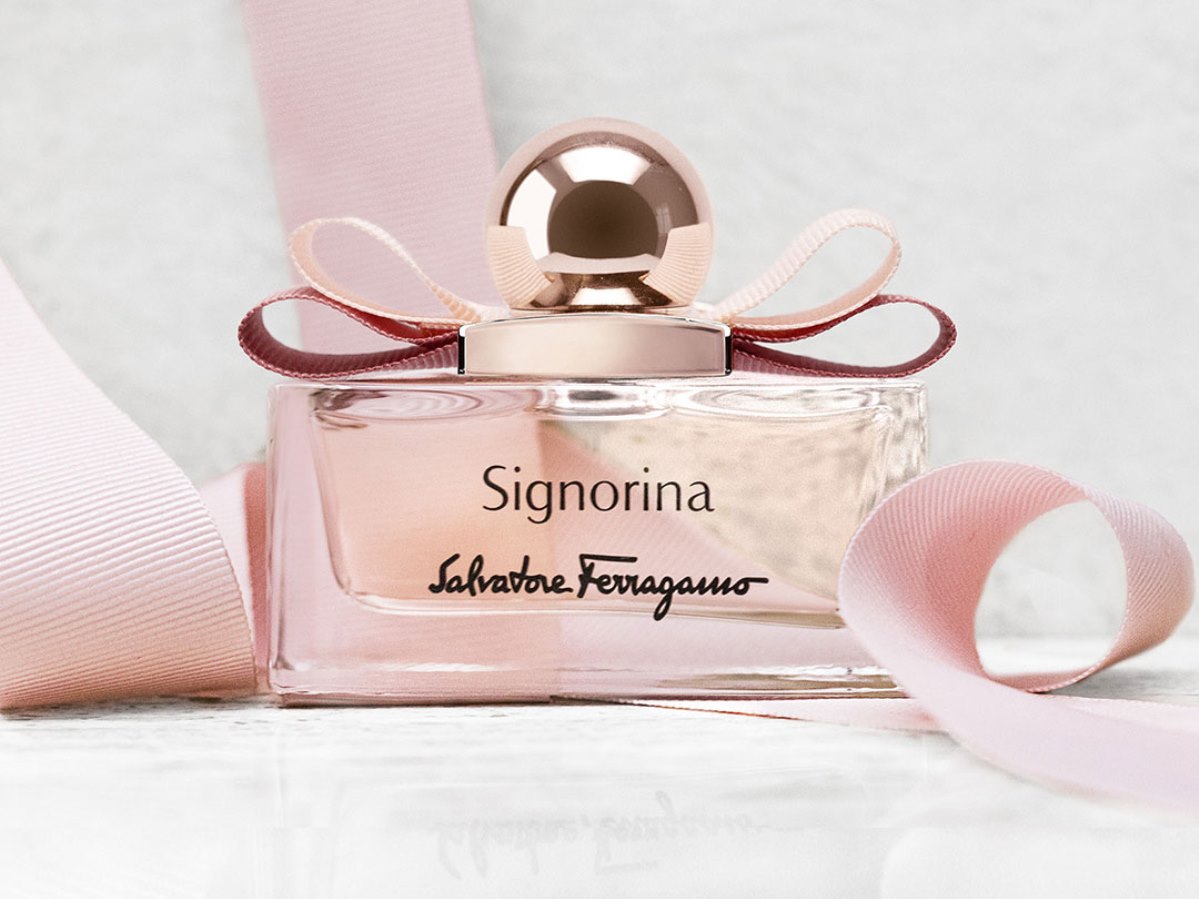Salavtore Ferragamo has been going it alone as a designer fragrance brand since 2001. For 20 years, the luxury Italian footwear and accessory stalwart has relied on its own dedicated perfume division controlling every step of the process from development to distribution.
The launch of the best-selling Signorina fragrance for women in 2011 and Acqua Essenziale juice for men in 2012 was a shot in the arm for the company’s perfume fortunes.
Prior to the setting up of its own operations, Ferragamo worked with Eurocos, a division of Procter & Gamble based in Germany. In 1997, the company teamed with Bvlgari to form a joint venture company. Four years later, Ferragamo bought out Bulgari’s 50 per cent share in the combined fragrance business.
Ferragamo’s fragrance sales were decimated by the Covid-19 pandemic, following widespread store closures in major European markets and the slide in travel retail. Revenues plunged 52.4 per cent to 41.8 million euros (AUD$65.7 million) in the calendar year to December 2020. But the tide has turned with fragrance sales climbing 5.3 per cent in the first quarter of this year to 10.5 million euros (AUD$16.5 million).
Luciano Bertinelli, longtime CEO of Ferragamo Parfums, left the company at the beginning for the year and was succeeded by Teodora Sevastakieva, the division’ s international business director.
In a bid to revive its fragrance fortunes, Ferragamo is in exclusive talks with Interparfums to enter a new worldwide license.
Interparfums current fragrance license portfolio includes Jimmy Choo, Karl Lagerfeld, Kate Spade, Montblanc and Van Cleef & Arpels. The company also owns the Lanvin and Rochas fragrance brands.

